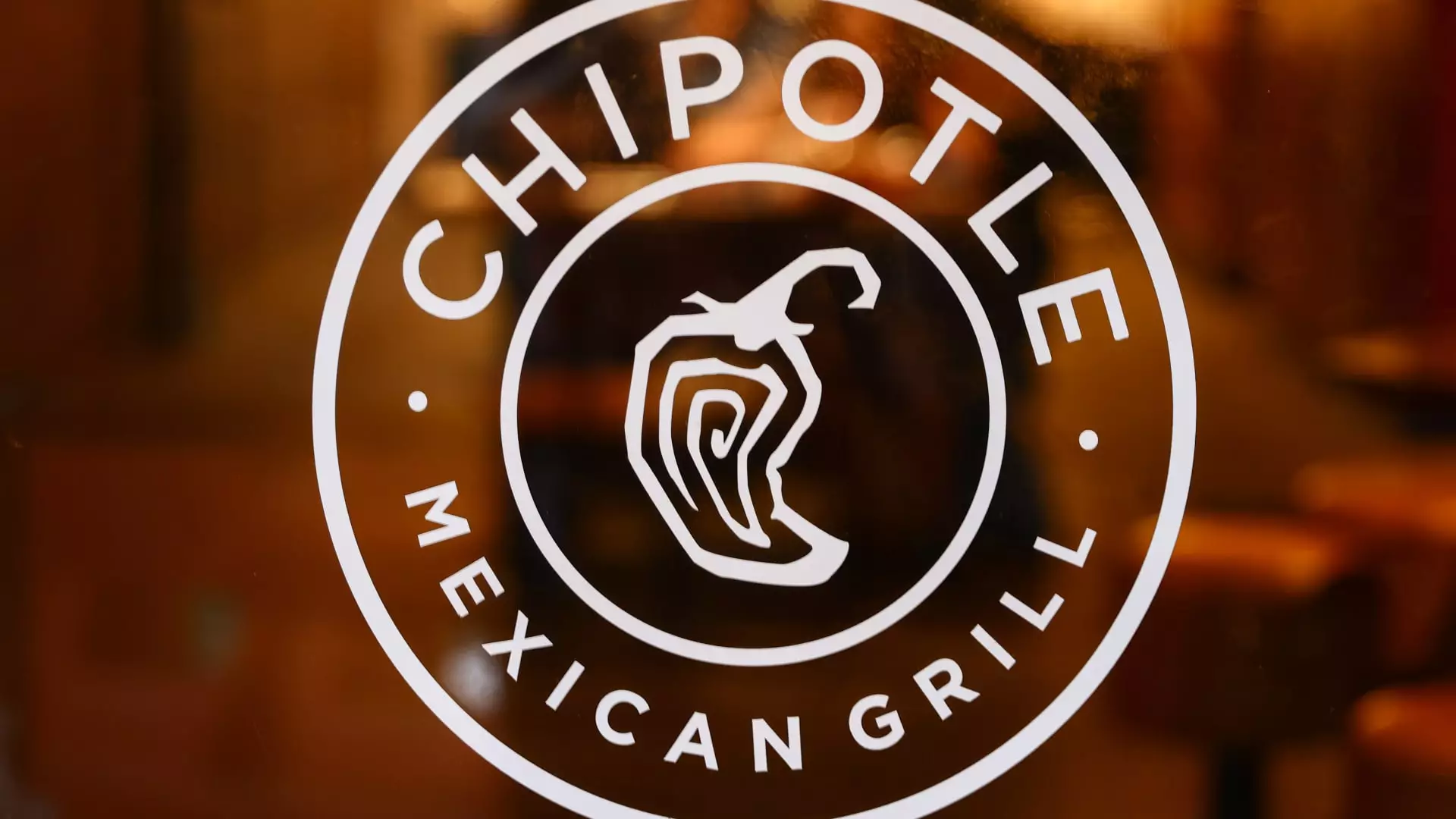Chipotle Mexican Grill has recently announced its plans to open its first location in Mexico, a decision that seems both audacious and miscalculated. While expanding into foreign markets is essential for growth, doing so in a country renowned for its rich culinary heritage raises eyebrows. Mexico’s robust food culture is steeped in tradition and authenticity—qualities that Chipotle’s American-style offerings may struggle to meet. In a country that boasts tacos from street vendors and artisanal local eateries, competing with deeply-rooted culinary practices could be an uphill battle, one that relies heavily on Tex-Mex assumptions.
A Partnership Born Amidst Strained Relations
The development agreement with Alsea, a company that manages franchises like Starbucks and Domino’s in Latin America, appears to be a strategic but fraught partnership. These unsettling times in U.S.-Mexico relations—exacerbated by trade wars and tariffs—pose significant risks. Chipotle’s reliance on Mexican avocados presents a precarious situation, especially after tariffs questioned the viability of imported produce. The food chain’s past error of relying on a purely rotational menu has taught them that authenticity matters. Yet, even with half of their avocados coming from Mexico, they should acknowledge that their sourcing strategies might not safeguard them from diplomatic fallout.
Past Lessons Ignored: The Ghost of Taco Bell
One cannot discuss the potential challenges of Chipotle’s Mexican venture without invoking the infamous Taco Bell saga. Yum Brands launched Taco Bell in Mexico twice, both times quickly retreating. The underlying truth is that Americans’ interpretations of “Mexican food” do not translate well when confronted with the realities of local tastes. The stubborn notion that corporate-style fast food can triumph in a country that holds its culinary authenticity dear is a gamble reminiscent of overconfidence. Chipotle, though, seems to be ignoring the lessons learned by those who stumbled before them.
Will Authenticity Be Their Downfall?
Chipotle’s executives are optimistic about leveraging Mexico’s preference for fresh ingredients. Yet, their trust in a simple affinity for “freshness” to drive sales could be misguided. Local diners prioritize tradition and flavor profiles honed over generations. If Chipotle underestimates the complexity of Mexican cuisine, they may find themselves on a precarious precipice. What can they offer that cannot be found in local markets featuring genuine traditional food? If their concept is too diluted or fails to resonate culturally, the result will be dissension rather than satisfaction.
A Center-Right Perspective: The Need for Cultural Nuance
In the realm of center-right political thought, trade and corporate expansion are generally viewed positively—but only when executed with nuanced consideration of local cultures. Chipotle is risking being seen as part of the monolithic corporate machine that overlooks the intricate tapestry of local culinary traditions. As a company with liberal tendencies, it must remember that the true essence of expansion involves not just profitable markets, but also respecting the local customs that define them. The path ahead is fraught with risks, and capturing the heart of the Mexican consumer requires more than mere optimism. One wonders if Chipotle possesses the cultural awareness necessary to navigate these complex dynamics.


Leave a Reply